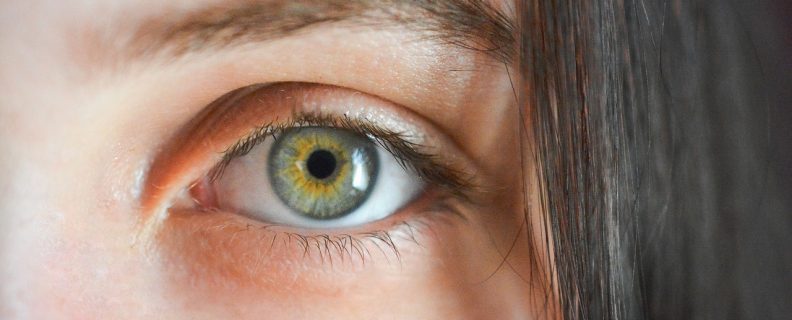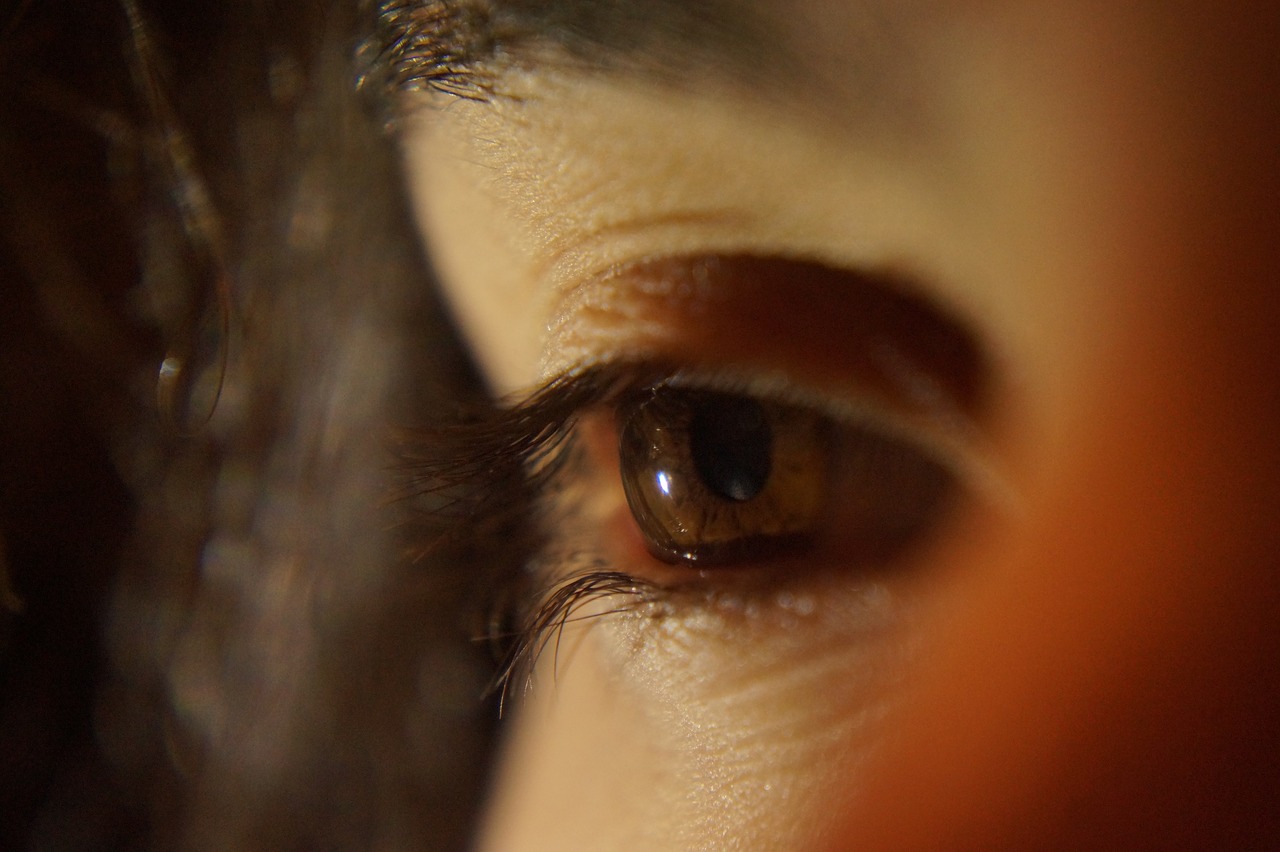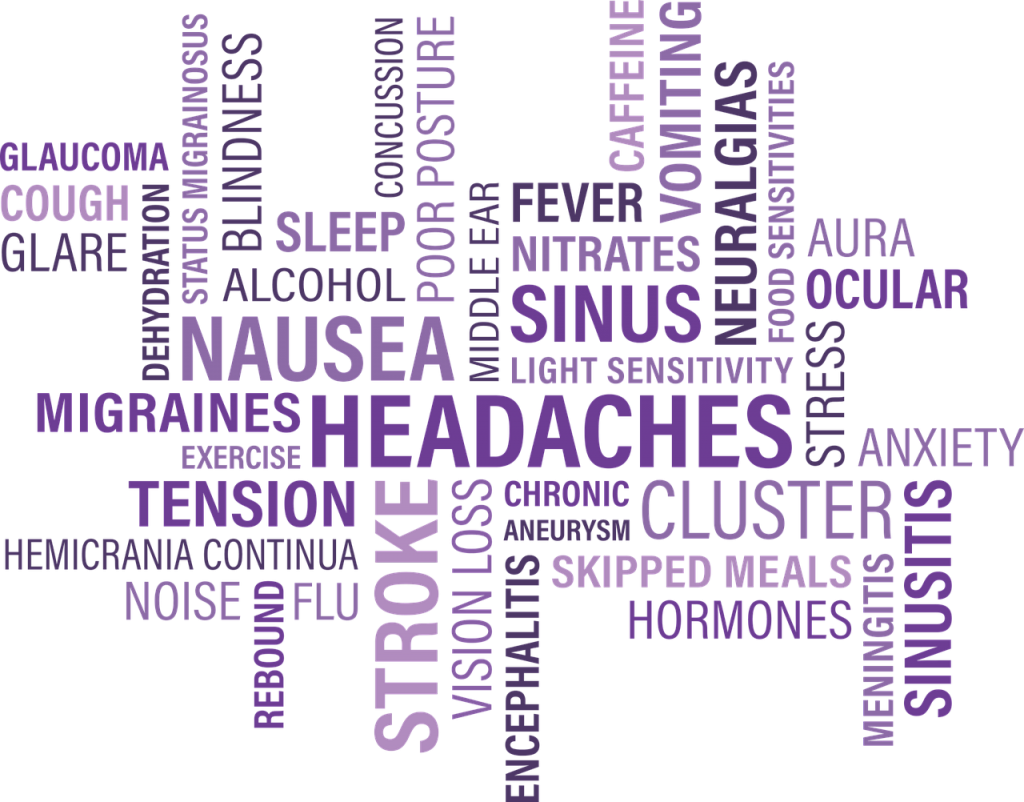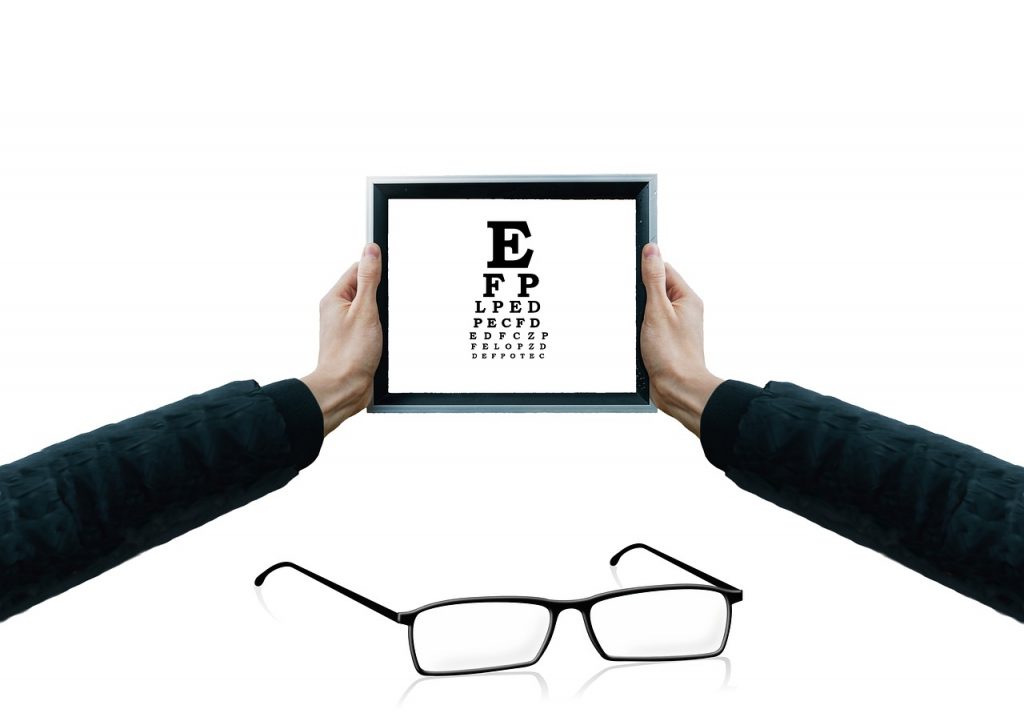
Everything You Need to Know About Ocular Migraine
 An ocular migraine is a condition characterized by temporary blindness in one eye.
An ocular migraine is a condition characterized by temporary blindness in one eye.
It happens when there is an insufficient flow of blood to the retina or behind the eye.
If you have an ocular migraine, your vision may get back to normal within an hour.
Ocular migraines are not the same as visual migraines. Visual migraines typically affect both eyes.
Symptoms of an Ocular Migraine
Ocular migraines may affect a part of or the entire visual field of an eye. The episode typically lasts an hour or less.
The blind spot makes it difficult to go on with normal activities such as reading and driving.
Some of its symptoms include;
- A blind spot that may migrate across your visual field
- A wavy ring of colored lights around the blind spot
- A blind spot that may be in the center or close to your field of view
- Nausea and vomiting
- Over-sensitivity to sound and light
- A migraine may occur after the other symptoms
- Impaired motor skills
- Tingling or numbness on a part of the body
- Slurred speech
If you experience these symptoms, you should seek the help of a doctor as soon as possible.
They will help you determine whether it is something to worry about. It may be a sign of a more serious problem.
Understanding Ocular Migraines

Ocular migraines have similar causes to migraine headaches. They may occur when a mechanism in the brain becomes active.
The mechanism releases inflammatory substances around the nerves and blood vessels in the brain.
You may suffer from ocular migraines if there is a change in the flow of blood to your brain.
Emotional stress is a common trigger of ocular migraines. If you have been in a car accident, you are likely to undergo emotional distress resulting to the problem.
Every year, there are over six million car accidents across the country. If you sustain any injuries following one, you may seek compensation.
You may also seek compensation for lost wages and emotional distress.
Ocular Migraine Causes
There are many triggers for ocular migraines. However, they can vary from one person to another. Some of the most common ones include;
- Strong odors
- Bright lights or sudden loud noises
- Stress and anxiety
Foods that may trigger your migraine include;
- Foods that have tyramine such as cured meats, smoked fish, and certain soy products
- Red wine
- Caffeinated drinks
- Processed meats that have nitrates
- Products that contain monosodium glutamate (MSG)
Once you understand ocular migraine causes, you can treat them. Fortunately, you don’t always need treatment.
However, you can reduce your chances of getting migraines. Reduce your consumption of trigger foods and adopt healthy mechanisms to cope with stress.
Unfortunately, it is not always possible to avoid triggers. If you have been in a car accident, the bright lights and sudden loud bangs may cause the problem.
If you have frequent ocular migraines, you may need medication.
Your doctor may recommend antidepressants, beta-blockers, and anticonvulsants. It is the same medication that treats other types of migraines.
You never know when an ocular migraine may occur. If you are driving or doing other activities that require clear vision, stop until it subsides.
If you experience a migraine headache after the visual disturbances, you should see a doctor as soon as possible.
They will give you medication to avoid future episodes.
Consider keeping a journal of the foods you consume. It will help you stay accountable and avoid trigger foods.
When you are experiencing an ocular migraine, you can ease the migraine pain by;
- Lying down
- Sitting in a dark room
- Placing a damp towel on your forehead
- Applying pressure on your temples
- Massaging your scalp
If you have a recurring migraine headache, consider taking over-the-counter medication.
Diagnosis of Ocular Migraines
When you visit your doctor, they will ask about your symptoms.
They may also examine your eyes and review your medical history to rule out the possibility of other problems.
Ocular migraines are often confused with other conditions such as;
- Sickle cell disease
- Autoimmune diseases
- Polycythemia
- Amaurosis fugax
- Drug abuse
Even though ocular migraines may sound frightening, the symptoms go away shortly.
Understanding ocular migraine symptoms make it easy to avoid it and deal with the symptoms.
Unfortunately, there is no specific test that doctors can use to diagnose migraines.
They will diagnose you depending on your symptoms. A typical episode lasts four to 72 hours if you do not treat it.
When to See a Doctor

Everyone gets a headache once in a while. It can, therefore, be difficult to establish the right time to see a doctor.
Since ocular migraines go away without medical intervention, most patients see no need to seek medical assistance.
Consult a doctor if you experience the following symptoms;
- A migraine headache following visual problems
- Nausea and vomiting
- Frequent headaches that last many hours
- Loss of alertness
- Confusion following a headache
- Sensory problems
- Convulsions that follow a headache
- Stiff neck following a severe headache
- Inability to handle everyday activities due to visual problems and headaches
Your problem may be due to more serious conditions. Most people who have ocular migraines can go on with their daily activities.
If you need to take medication often, there may be underlying issues.
Even though there is little research about treating ocular migraine, your doctor will give you tips for identifying ocular migraine causes and treating them.
If you have a different problem, they will help you treat it.
One of the least known ocular migraine causes is involvement in a car accident. You may start to experience the migraine a few days after the accident.
If the accident happened as a result of negligence by a third party, you are eligible for compensation. Work with a personal injury attorney to seek a settlement.
They will help you determine whether or not you have a strong case and pursue the maximum settlement.




